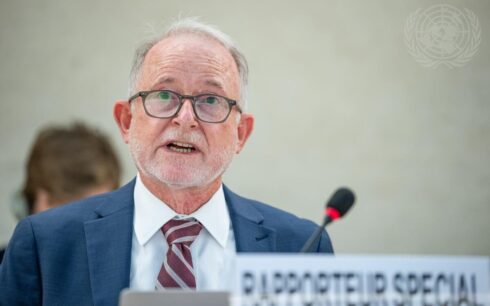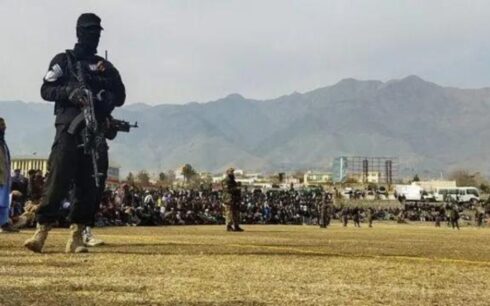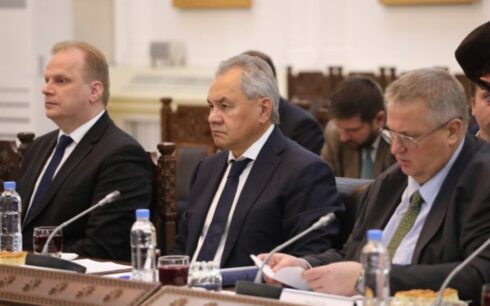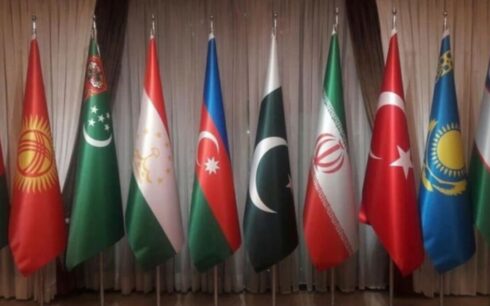KABUL, Afghanistan — A new quarterly report by the United Nations indicates that the Taliban’s new morality law has intensified existing restrictions on Afghan citizens, particularly women, expanding earlier prohibitions and introducing new limitations.
The U.N. report outlines measures including defining women’s voices as “awrah,” or inappropriate for public hearing, banning women from traveling without a male guardian, and reinforcing other limits previously outlined in Taliban edicts. The law also grants Taliban morality officers authority to detain individuals for up to three days for noncompliance.
According to the report, Taliban officials have held informational sessions in mosques, markets, schools, and nongovernmental offices to ensure compliance with the law. Taliban leader Hibatullah Akhundzada ordered provincial governors to form committees dedicated to enforcing these rules among both Taliban officials and the public.
The expanded rules severely curtail women’s freedoms, including their movement and participation in public life, the U.N. warned. Women in Kandahar and Helmand Provinces, for instance, now require a male guardian to accompany them to healthcare facilities. The report also noted that due to these new laws, some drivers refuse to transport women without a male chaperone.
The U.N., citing findings from its Afghanistan mission (UNAMA) report in July, expressed concern that Taliban policies are having a disproportionately adverse impact on Afghan women’s rights and freedoms. These laws are expected to impose “discriminatory and harmful” effects on women in particular, the report stated.
The Taliban’s newly issued 114-page “Promotion of Virtue and Prevention of Vice” law, endorsed by Akhundzada, contains 35 articles that formalize extensive restrictions on Afghan citizens, with special focus on limiting women’s rights. It grants Taliban officials sweeping powers to arrest, punish, and detain individuals, including women, who violate these rules.
The law explicitly categorizes women’s voices as “inappropriate for public spaces” and prohibits women from speaking in the presence of men in public settings, further restricting their access to public life in Afghanistan.





